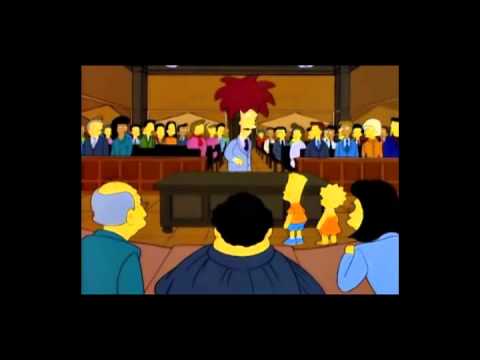I was actually thinking of speaking on this last night! Interesting article, and interesting that it comes from a Buddhist perspective.
I couldn’t agree more. It should be standard in leadership positions in government and the corporate world. By “standard”, I think there should be UN principles to this effect, like the declarations on human rights, and it should be considered a fundamental requirement of a civilized nation that it implements such tests.
There is one point that needs clarifying in the article.
It perpetuates the misunderstanding that the work of Dr. Bandy X Lee and others in opposing Trump on psychological grounds contravenes the so-called “Goldwater Rule”. But that “rule”—which is simply an in-house professional ethics principle adopted by the the American Psychiatric Association in 1964—only applies to psychiatrists who are members of the APA. Dr Lee is not a psychiatrist but a clinical psychologist, and is not bound by that rule.
Dr Lee has always been very clear on the distinction: it is not a meaningless one.
Psychiatry is a medical discipline, and its purpose is to cure or alleviate mental illness. Thus the interests of the psychiatrist must always lie with the ill person; their procedure is to understand when someone is ill and how to get them better. For this, it is essential to spend time one on one with a client to understand their condition and help them properly.
A psychologist studies the nature of the human mind, and they need not be involved in therapy at all. Dr Lee’s specialty has been in criminal forensic psychology, as well as being academic (at Yale, etc.). She is called as an expert consultant in criminal cases, for example, to determine the fitness of the accused to stand trial, or to assess if they were mentally competent to be considered guilty.
The standard they use is not mental illness, and she quite rigorously avoids diagnosing people from afar. You or I might call Trump or Putin a psychopath, because we’re amateurs and are just giving an amateur opinion. Take it or leave it!
A clinical psychologist assesses the fitness of a person for that specific case. For this, it is not necessary, and often not in fact the case, to have direct personal involvement with the person. In the case of a public figure, an assessment of fitness can be readily made from their behavior. It is on this basis that she and colleagues wrote The Dangerous Case of Donald Trump, where they accurately predicated the disastrous consequences of electing him as president. From her perspective, the problem is not that Trump is a psychopath but that he is dangerous.
One thing that the article omits, which I have been mulling over recently. Why is it that mentally unfit persons are so successful at becoming leaders? So many nations are currently being run by “dangerous men”—Brazil, China, Russia, India, Philippines, Hungary, North Korea, Myanmar, Syria; I could go on. The article attributes this to the cunning and ruthlessness of the men, and that is no doubt part of the story.
But it doesn’t explain why they’re so damn popular. Lots of people don’t just like them; they love them.
I think we elevate “dangerous men” because they do things that we would not; they give collective sanction to the evil in our hearts. We sanctify visionary leaders who have a “dream” that inspires us, but we put into power broken men who turn our nightmares into reality. It’s not just me who feels hate and wants to blindly kill and destroy; it’s normal. Everyone’s like that, if they would only admit it! Here, have a gun! 
